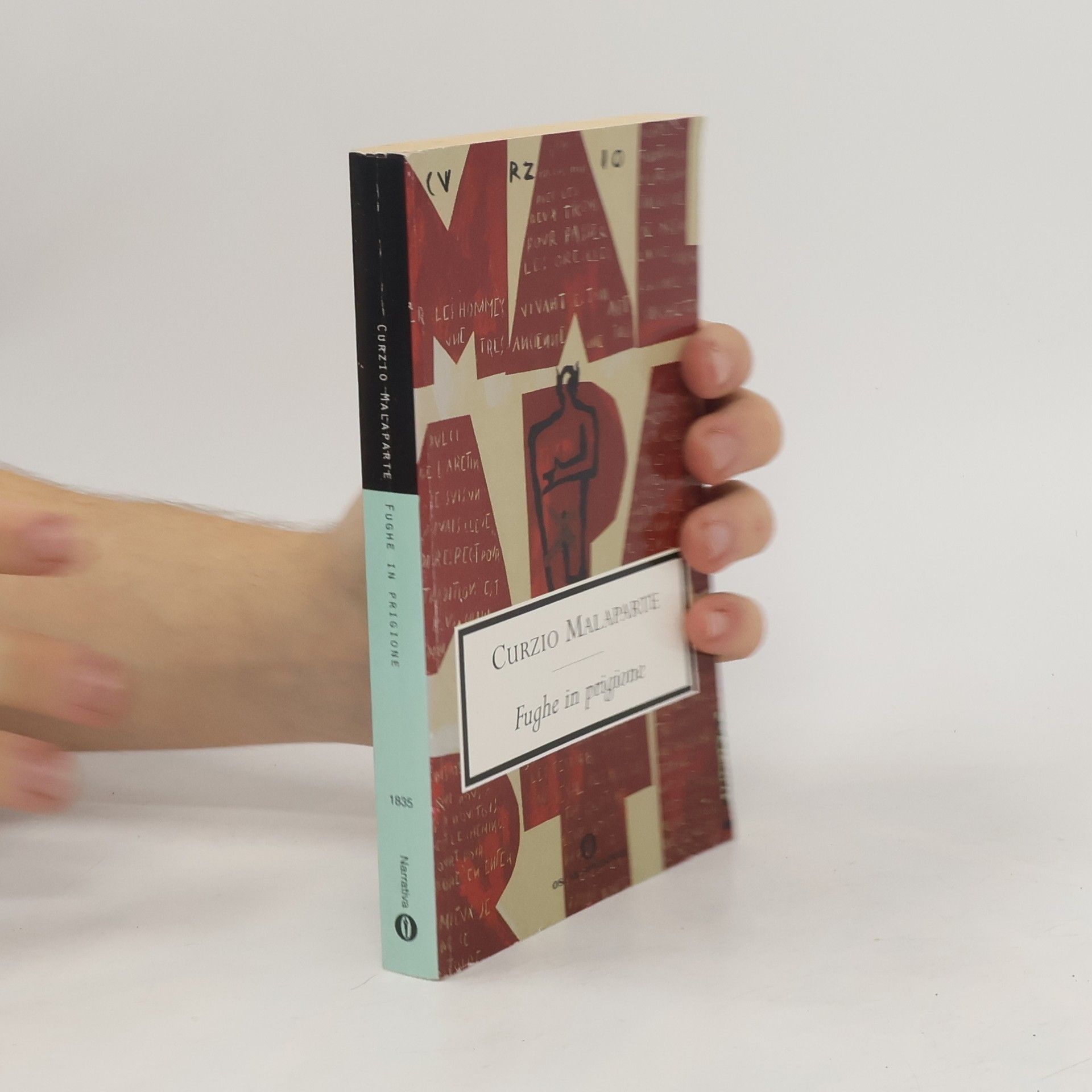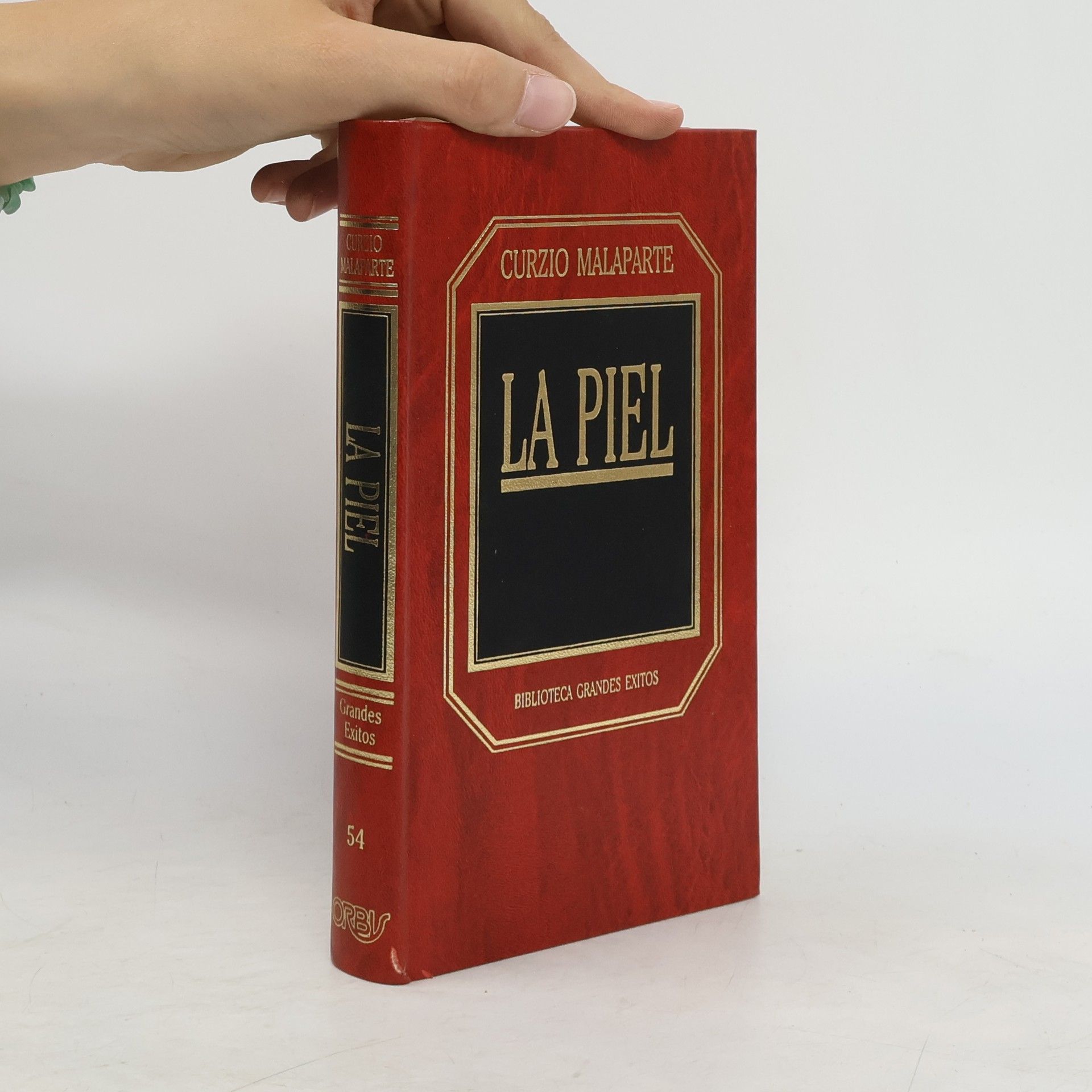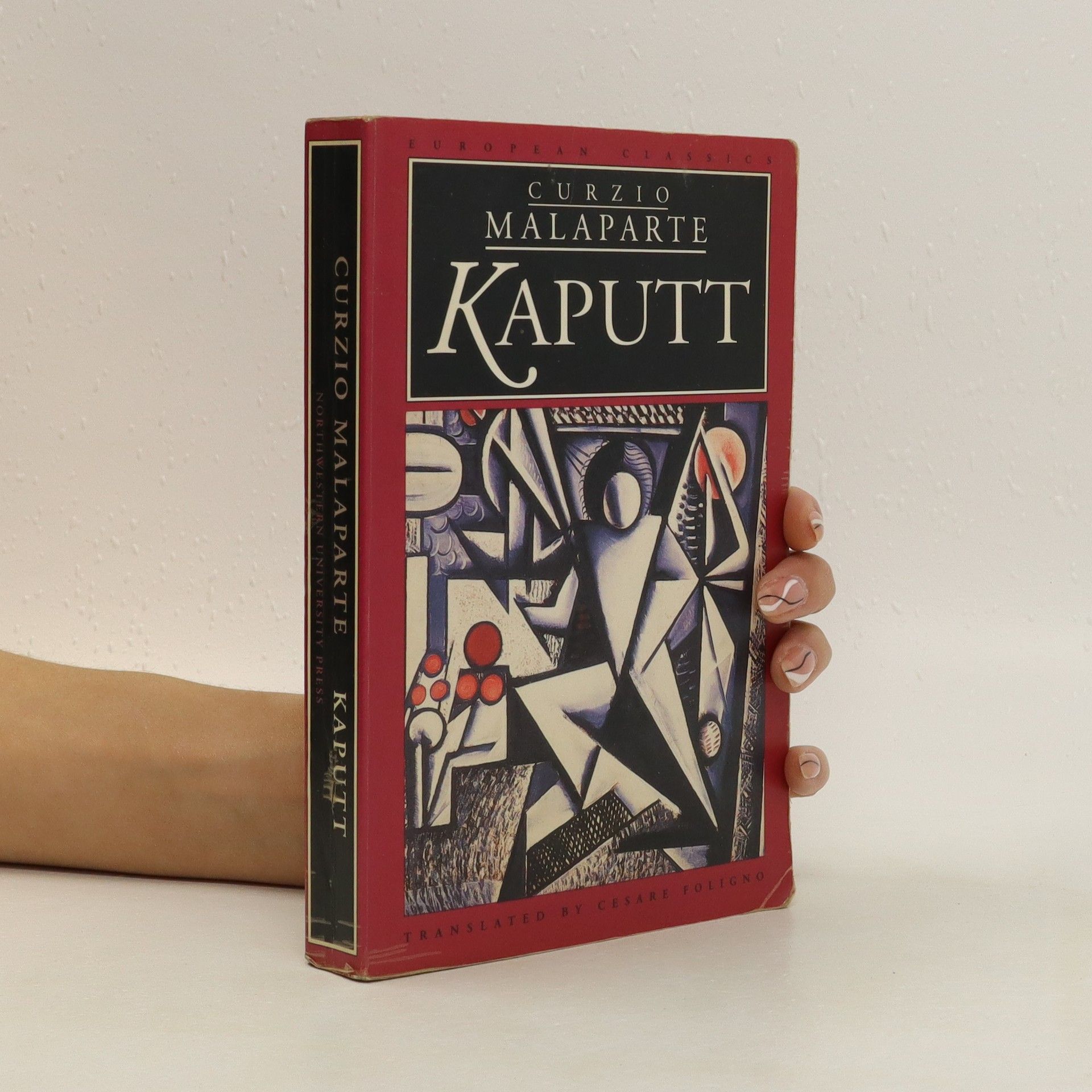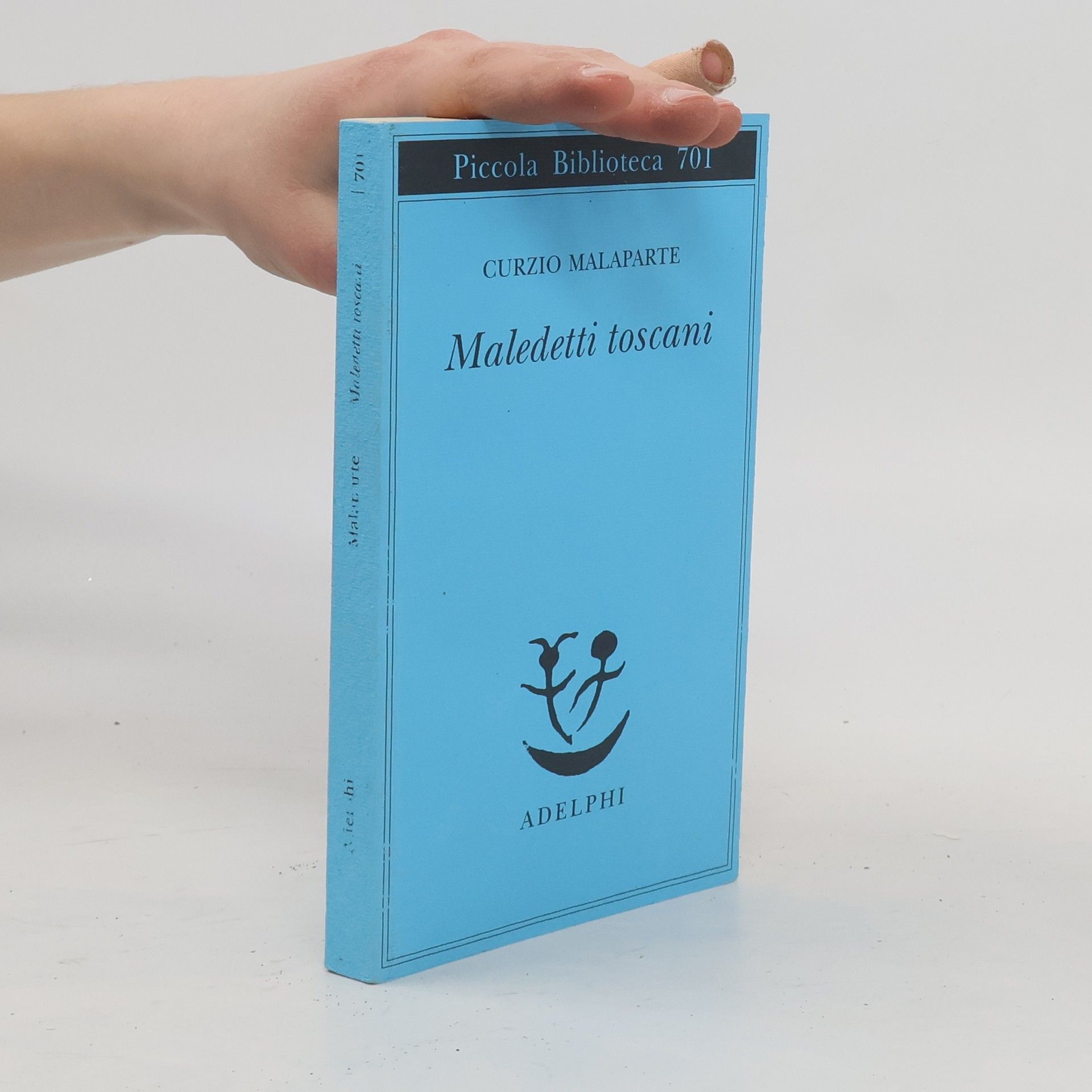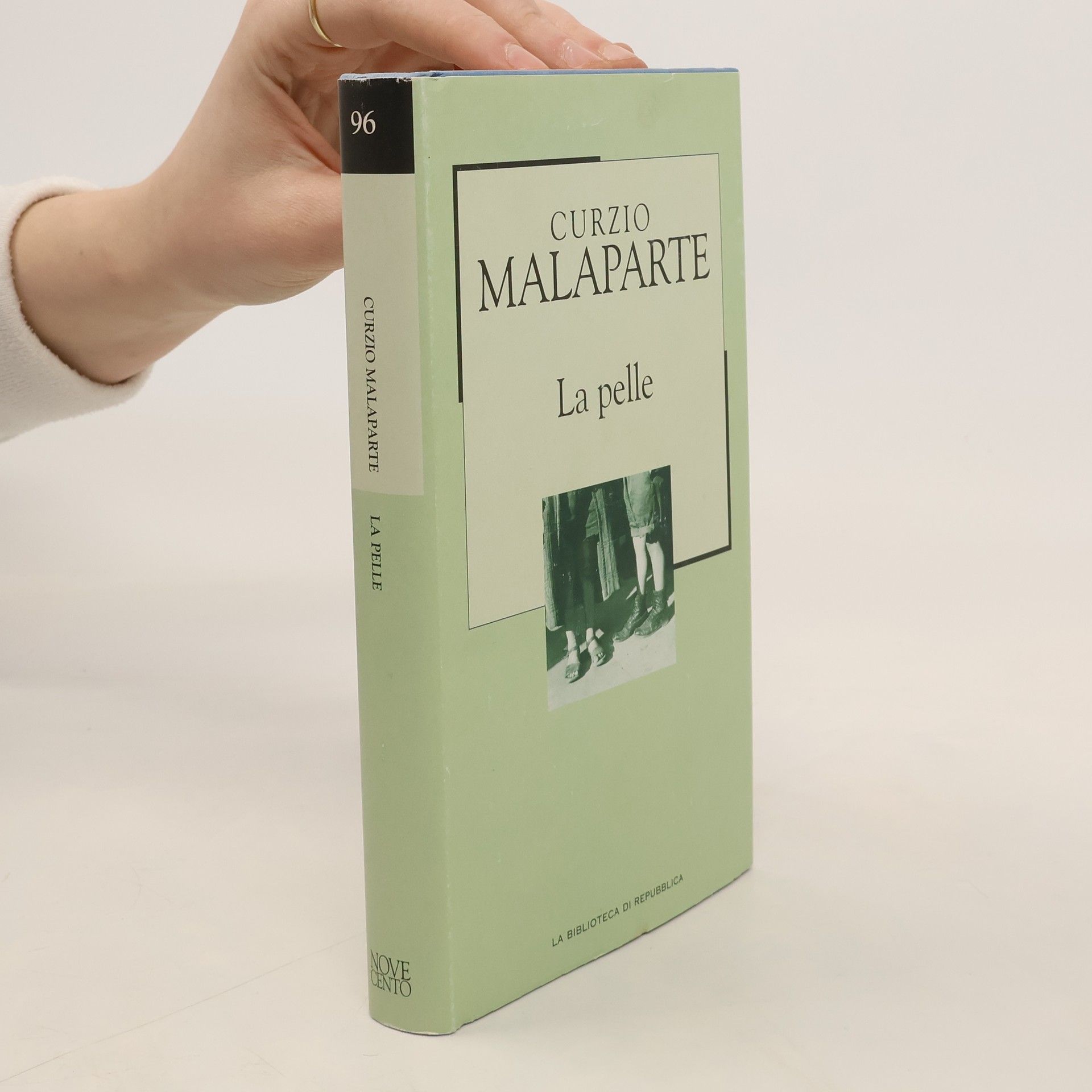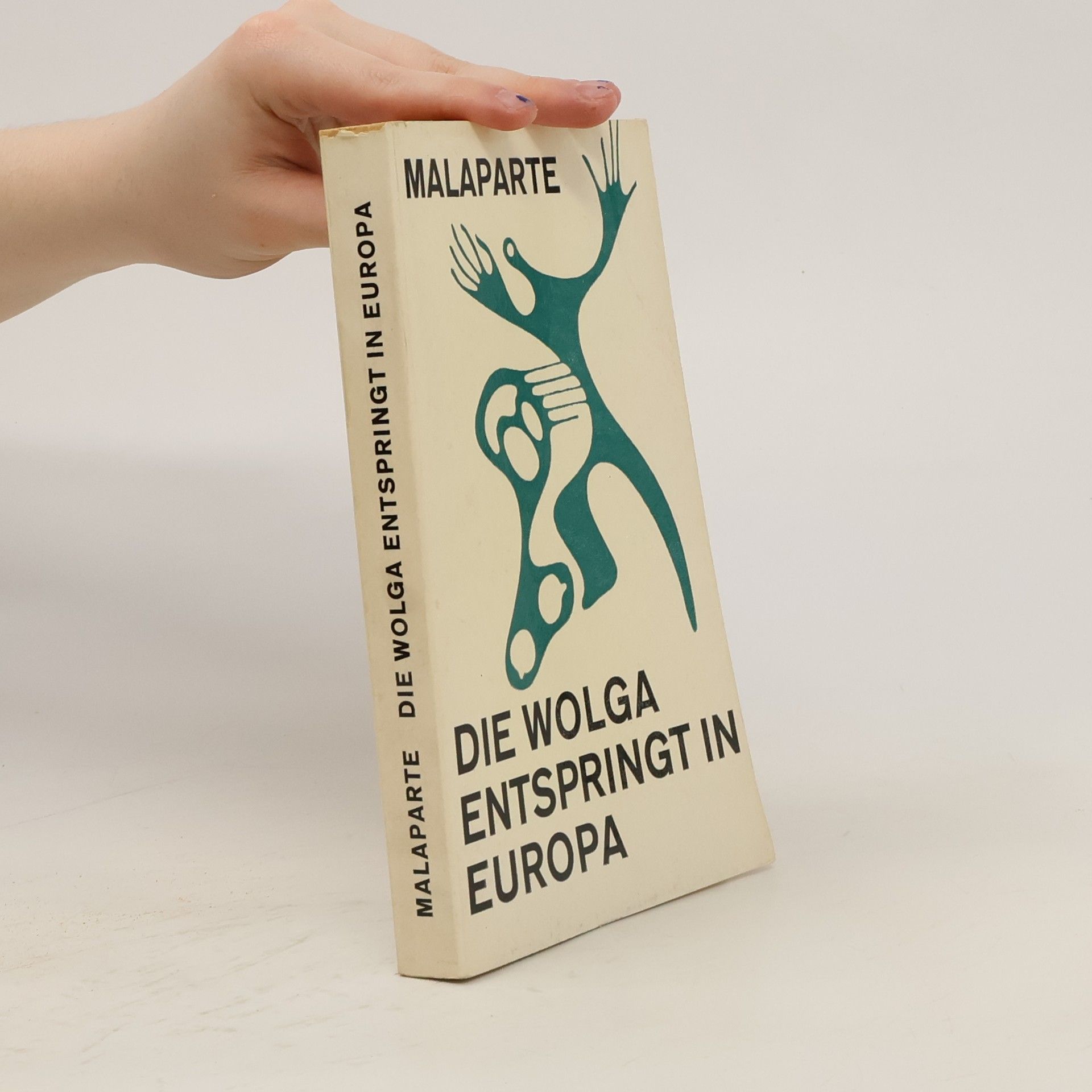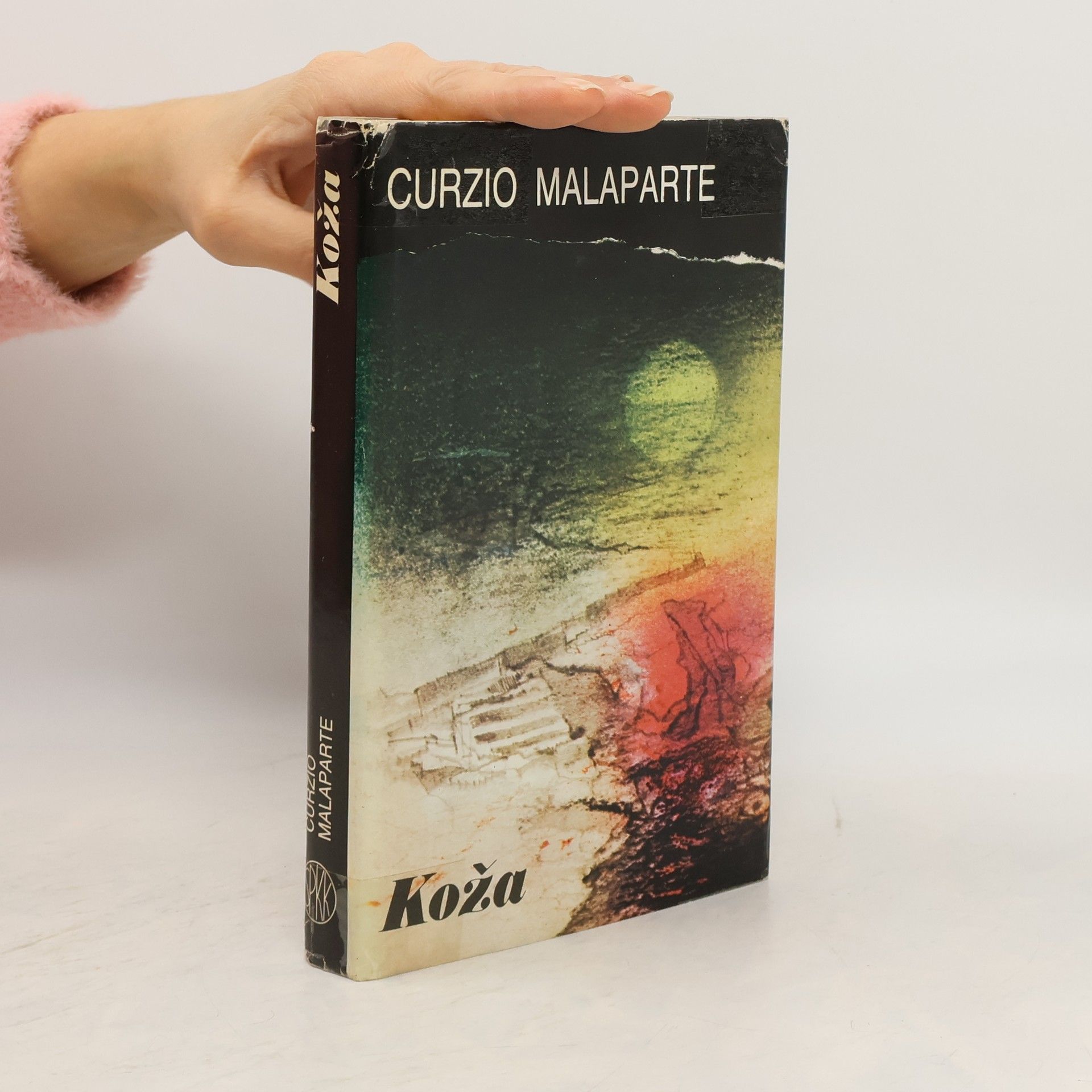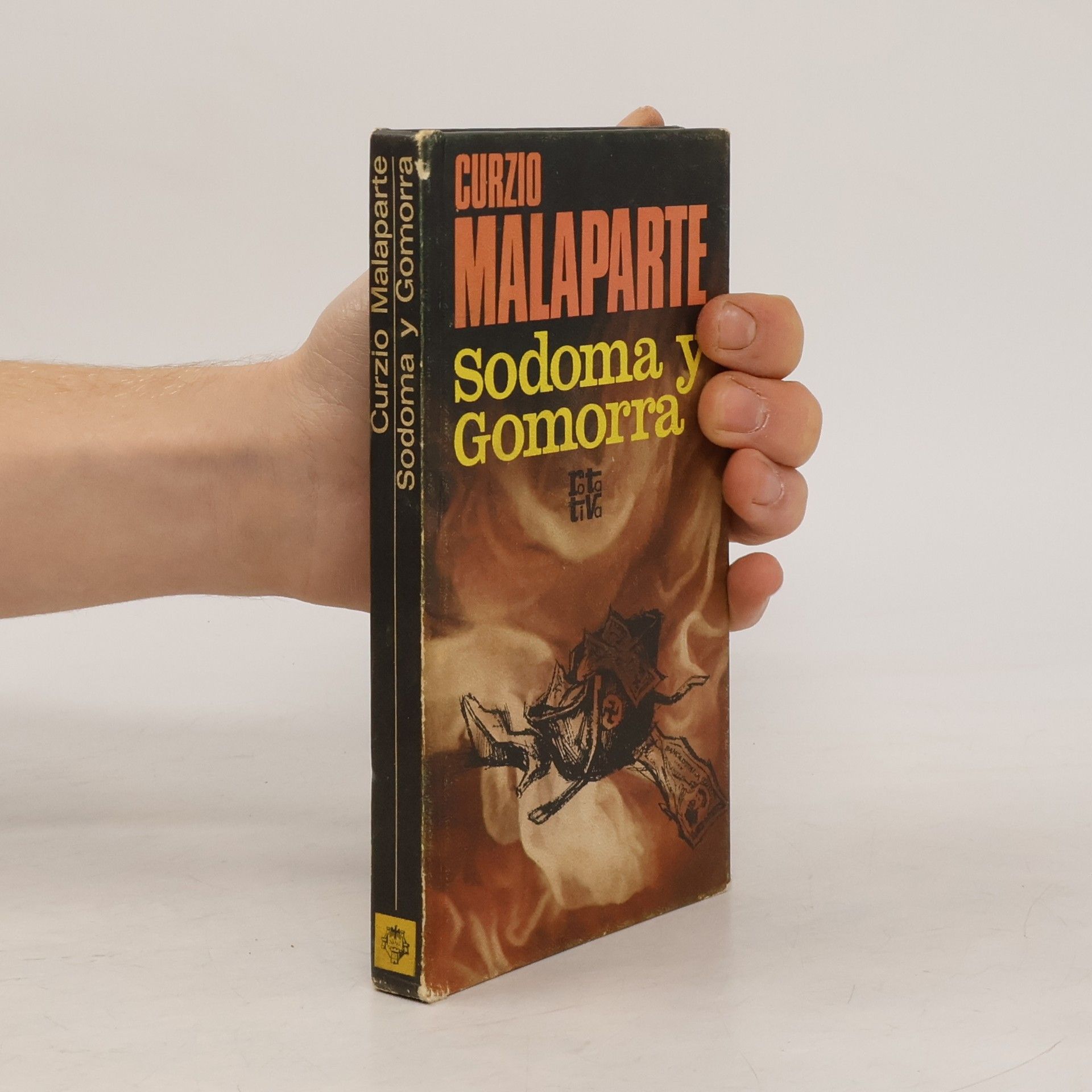Diary of a Foreigner in Paris
- 360 pages
- 13 hours of reading
Every "diary" serves as a portrait, chronicle, or history, capturing moments that reflect a broader narrative. Unlike random notes, a true diary tells the story of a life, marked by beginnings, middles, and ends. Life itself unfolds like a tale, with a structured progression rather than mere chance. The subject of this diary revolves around my return to Paris after fourteen years, exploring a transformed France and its people. It captures a specific moment in the history of the French nation that aligns with a pivotal time in my own life. I do not claim to innovate within the diary genre; rather, I propose that a diary functions as a narrative, akin to a play. It embodies the essence of storytelling, where every element leads toward a conclusion, adhering to classical unity, while focusing on the character of "I." This diary represents a theatrical work brought to the page, echoing Kafka's concept of the "present moment" as it unfolds. Ultimately, my diary seeks to bridge the gap between narrative and theater, presenting a unique perspective on personal and national stories.

